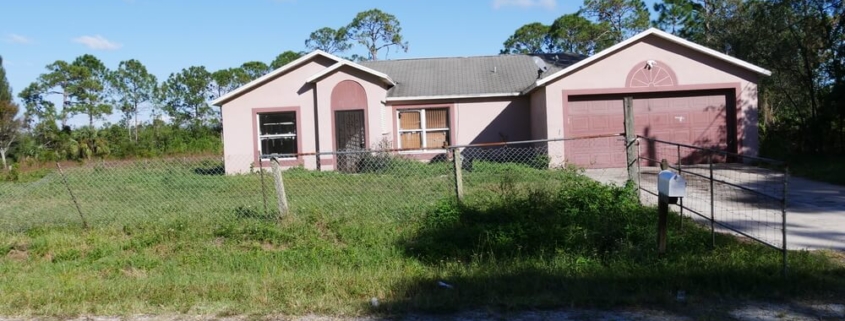What Is Vacant Home Insurance?
Vacant home insurance is an insurance policy for people who are temporarily vacating their homes. Usually, standard insurance doesn’t cover these unoccupied or vacant properties because of the risk attached. These properties are more prone to theft, vandalism, and slow emergency response time. This insurance policy picks up where your home insurance policy stops. It entails a number of coverages that protect your home from possible risks that can happen during the period when your house is unoccupied.
Can a Vacant Home Be Insured?
Yes, a vacant home can be insured. First, you need to scout for an insurance provider willing to offer you a vacant home insurance policy. Afterwards, compare rates and let the insurance provider know the risk evaluation of insuring your home. Discuss the property’s liability coverage and possible measures you have put in place to reduce the incidence of damage. For example, a home with a tight security system would be less prone to vandalism and theft.
What Does Vacant Home Insurance Cover?
Vacant home insurance covers a likely fire accident and other emergencies. It also covers home systems protection coverage, theft, vandalism, service line coverage, water/sewer backup protection, and weather events that put your building at risk, among others.
Vacant home insurance doesn’t cover damage that results from unforced entry, damage done by contractors you hired to work on your property, and other damage resulting from ongoing work in your home.
Do I Need Vacant Home Insurance?
It’s largely dependent on the prevailing risks around your vacant or unoccupied property. It would also help to not think of your vacant or unoccupied home as a vacation property. This insurance covers any reason your home is unoccupied for more than 30 days at a stretch, even if you’re recuperating in a hospital and will be away from home a long while or you bought a new home you haven’t moved into yet. Vacant home insurance is a necessity in all of these scenarios. You’re better off engaging a trusted insurance provider after evaluating your risk personally. From their expert advice and assessment of risks and coverage gaps you can know if you need vacant home insurance.
How Much Does It Cost to Insure My Vacant or Unoccupied House?
Only your insurance provider can accurately determine how much it would cost to Insure your vacant or unoccupied property. Usually, vacant home insurance is tailored to the risks and needs of your property. This means that your premium is largely influenced by the prevailing risks, how frequently this risk could occur, the possible damage that could result from this risk, and the cost of indemnity. At the very least, you can expect to spend $500 annually.
Why take the risk of inciting damages on your vacant or unoccupied property when an insurance provider can bear the risk. To get vacant home insurance, you need a trusted and experienced agency that can evaluate your risks. Contact our experts at James Page Insurance today for all your insurance needs.





